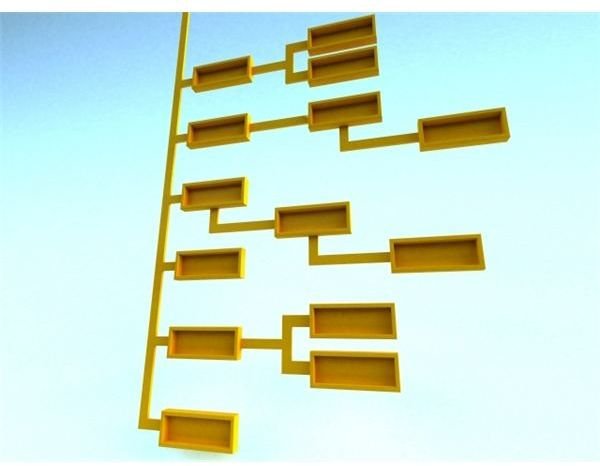Primary Functions of a Project Manager: Manage Resources, Time, Budget and Scope
Know What’s Expected
Since the functions of a Project Manager vary from company to company and from industry to industry, if you plan to accept an offer to become a Project Manager, you must understand what your responsibilities will be. Don’t rely on any sources other than checking what’s written in your job description. This will help you to avoid confusion and misunderstandings. You do need to clarify what you must do and what is outside the scope of your competencies.
For instance, in software development, the primary functions of a Project Manager vary drastically from one company to the other. In some companies, a Project Manager is more of an administrative position, similar in scope and responsibilities to an administrative assistant, and his or her main functions are administrative, while decision-making is left to the CTO of the company (who also oversees the project), the Marketing Manager, and the other executives in the company.
In other companies a Project Manager is the boss for the project and he or she has a lot of power – he or she decides on technical issues, oversees development and quality, and very often makes all the financial decisions within a predetermined budget, though in some cases sanction from the CFO or another executive might be required. With such drastic variations in what a Project Manager could do, even if you already have significant experience in project management, you certainly need to ask some questions before you sign the contract.
For instance, an offer I turned down a couple of years ago was simply ridiculous – with almost no authority, I was supposed to do miracles and of course I was to blame if anything went wrong. Realizing the lack of expertise of some of the employees on the team, I could bet my life that the first major disaster would happen within the first week of the project. Needless to say, I rejected the offer because I didn’t feel it was fair to be thrown with “tied hands against beasts” – this was what my job description actually was. I wasn’t new to project management and this was why I smelled all the fishy things, but somebody inexperienced might fall into a trap like that.
Typical Primary Functions
However, no matter how varying the functions of a Project Manager, there are some functions that are relatively common. These functions are evolving over time and as already explained vary from company to company, but still there are some general ones, which are more or less common.
-
To act as a liaison with the client and/or with top management. Usually a Project Manager is the person to act as a liaison with the client and/or with top management. Sometimes, when the job functions of a Project Manager are more on the technical side and the company has an account executive position, the account executives could be the liaison with the client. A Project Manager could act as a contact point but also the company could have another person appointed to do that. Communication with the outside world is almost always a primary function of a Project Manager.
-
To coordinate the process from start to end. The basic function of a Project Manager is to coordinate and control the process from start to finish. This includes specific functions to perform regular progress checks, to coordinate requirements, to monitor quality, etc.
Very often Project Managers generate the greatest force on a project and they do most of the work. This is especially true in small teams, where there isn’t enough work for a full-time project manager. This means that no matter how you define the primary functions of a Project Manager, it is a position that requires not only management skills, including some that are not so clear, but also technical expertise. This is why good Project Managers are hard to find and even harder to keep.
Image Credit: Filomena Scalise / FreeDigitalPhotos.net
